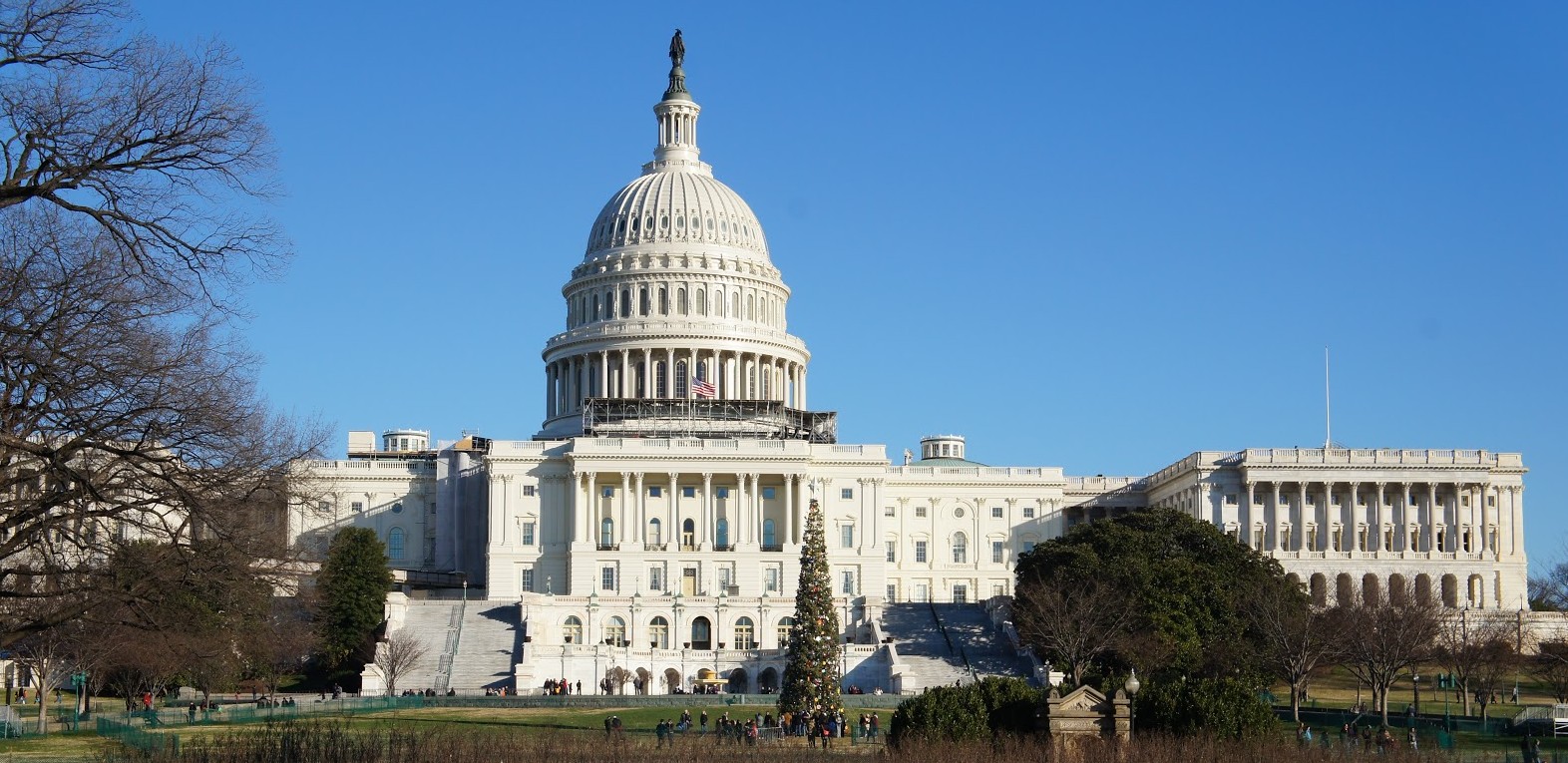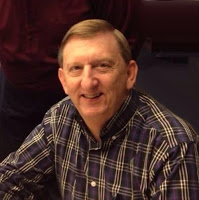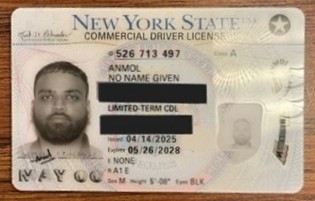Oklahoma History: Carl Albert
By Steve Byas
With this issue, we begin a series of articles about the history of Oklahoma. If there are topics you would like to see covered, shoot me an email at byassteve@yahoo.com
Carl Albert
I remember watching the 1968 Democratic National Convention when riots broke out in the streets of Chicago and on the convention floor. Carl Albert was chairing the convention when during a roll call of the states, a Wisconsin delegate moved that the convention be suspended because of the “police violence” against supposedly peaceful protestors (sound familiar?) in the streets outside.
Rather than respond to the delegate’s motion, Albert simply said, “Wyoming!,” which, of course, was the next state in the roll call.
Albert was what has often been called a “Cold War liberal” — a politician who opposed the Soviet Union, while supporting social welfare proposals domestically. Albert once said that he “very much disliked doctrinaire liberals — they want to own your minds. And I don’t like reactionary conservatives. I like to face issues in terms of conditions and not in terms of someone’s inborn political philosophy.”
Responding to that comment could (and might) lead to a whole separate column. But needless to say, Albert would not fit in very well with today’s leftist-dominated Democratic Party.
At only five foot, four inches in height, combined with the tremendous political clout he eventually achieved, he was dubbed “the Little Giant from Little Dixie.” He grew up in a log cabin in the small town of Bugtussle, Oklahoma, the son of a coal miner. But such humble beginnings did not prevent his meteoric rise to become the highest-ranking Oklahoman ever in our federal government.
After getting a law degree from the University of Oklahoma and serving in the Army Air Force during the Second World War (rising from private to lieutenant colonel), Albert was elected to Congress in 1946, where he served until his retirement 30 years later.
Speaker of the House Sam Rayburn of Texas was impressed with Albert and supported his rise in the Democratic Party leadership in the House of Representatives. Albert became the Majority Whip in 1955, the Majority Leader in 1961, and finally Speaker of the House in 1971. While Majority Leader, Albert was instrumental in pushing through much of President Lyndon Johnson’s “Great Society” programs, including Medicare and the 1964 Civil Rights Act.
While Albert was Speaker of the House, he had two opportunities to take up residence in the White House. In 1973, Vice President Spiro Agnew was accused of taking bribes while governor of Maryland. Agnew eventually reached a plea deal in which he resigned his office and avoided prison. This put Albert one heartbeat away from becoming president of the United States.
With President Richard Nixon facing his own problems in the Watergate Scandal, it seemed increasingly likely that Nixon himself could be forced out of office. As such, many Democrats urged Albert to use the opportunity to make himself president.
Under the terms of the 25th Amendment, passed in the wake of the assassination of President John Kennedy, whenever there is a vacancy in the vice-presidential office, the president can nominate a replacement, subject to confirmation by a majority vote in both houses of Congress. If the House, under Albert’s leadership, simply refused to take a vote on Nixon’s nomination of House Republican leader Gerald Ford, Nixon’s impeachment and removal would make Carl Albert president.
Albert refused, arguing that it would not be right – the American people had elected a Republican, not a Democrat, president in 1972. He stood his ground, and Ford was confirmed. Later, when Nixon resigned, there was less discussion of usurping the will of the voters, and the Congress quickly confirmed Ford’s own nomination for vice president.
I met Albert after he had announced his retirement in 1976, at a reception in his honor on the south steps of the Oklahoma Capitol. I was a Capitol tour guide at the time, during my college days, and volunteered to serve soft drinks during the reception. I had the honor of giving Albert a Coke, to which he responded, “Thanks.”
Albert certainly did not match my political philosophy, but he probably would not be welcome in today’s Democratic Party, either.










Latest Commentary
Thursday 30th of October 2025
Thursday 30th of October 2025
Thursday 30th of October 2025
Thursday 30th of October 2025
Thursday 30th of October 2025
Thursday 30th of October 2025
Thursday 30th of October 2025
Thursday 30th of October 2025
Thursday 30th of October 2025